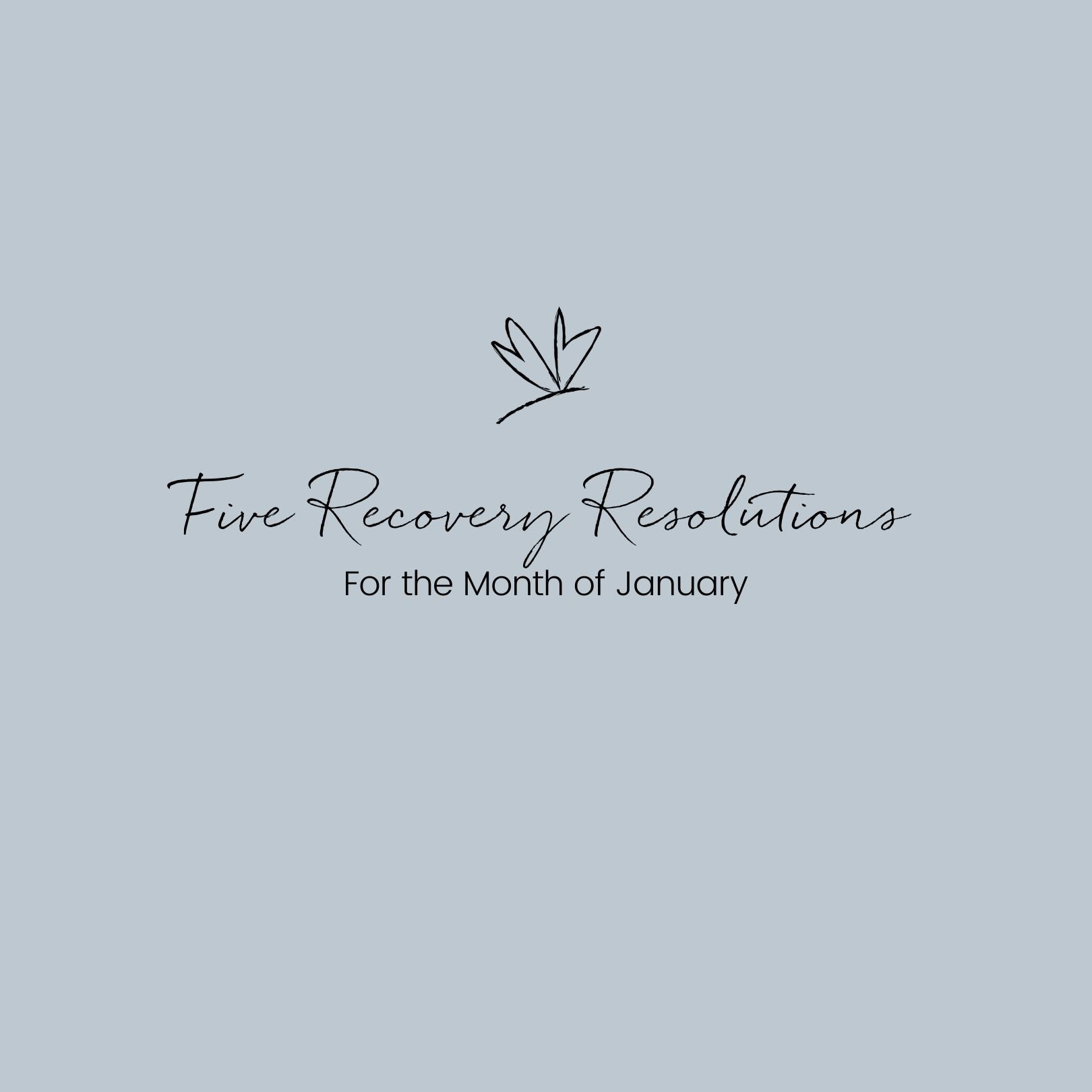Staying on Track When Life Throws You Curveballs
Our latest 'guest post' is penned by Abi. She's well into her recovery, but hugely conscious of how manipulative the eating disorder can be when life gets in the way, or presents us with particular challenges.
"Eating disorder recovery is immensely stressful. It is exhausting, scary, confusing, overwhelming, relentless and 97 other intimidatingly-negative adjectives.
I’m 18 months into recovery and I can say, without a doubt, that it is the hardest thing I’ve ever done.
I’m a decent chunk of the way through it, but there is still lots of tough, tough work to be done - not least trying to make sure I don’t slip backwards.
Recovery is, of course, never going to be linear, so there will be days where our actions don’t 100% align with our vision of recovery. But there are times where keeping going at all with recovery - managing to not just curl up and soothe ourselves under the familiar-if-deadly comfort blanket of eating disorder behaviours - will feel like a challenge greater than should be expected of any human.
In an ideal world our circumstances would allow for our recovery to be protected; for rest, self-care, eating, therapy appointments and routine to be the only things we have to focus on.
Goodness knows, even within a carefully-constructed cocoon of support and self-prioritising this business would still be the mother of all mountains to climb. So when we add day-to-day life - work, family, financial worries, non-ED illness etc - into the mix, recovery becomes a whole lot more complicated.
I’m 37 and a mother of two young children. Trying to “get well” against a backdrop of a mortgage to pay, work deadlines to meet, school runs, holidays, mess, arguments, birthday parties, demands for home-made Halloween costumes, chaotic mealtimes, dentist appointments with unwilling toddlers and all the rest of it, has been testing to a (for me) previously unimaginable degree.
But so far I’ve...sort of...kind of…dare I say it out loud…managed it. Not in a glossy, avocado-filled, matching-bra-and-knickers body pics, Instagram-worthy way, that’s for sure. But with a lot of snotty-crying, screaming-in-the-bath, beige-food-eating, medication-assisted, cancelled-holidays, panic-attacks-over-apple-crumble GRIT and SLOG I’m further along the recovery road than I ever thought possible.
But what about when you add in a humdinger of a life event or a crisis or a period of stress? A death, birth, illness, redundancy, divorce or something else that would fall under the category of “A Massive Flipping Deal”?
When something so disastrous and emotionally overwhelming turns up that you find yourself wishing the universe had a face just so you could give it a slap and ask it when it is going to give you a freaking break, how do you find the energy, determination and resilience not to just throw your hands up and say “you win” to your eating disorder?
I don’t have a neat flow-chart or slideshow answer to that unfortunately. But I have experienced it myself along the way and am still here to tell the tale so I shall at least tell you what I think worked for me, or actually just what didn’t.
I was diagnosed with anorexia when I was 7 months pregnant with my second child, and my treatment and recovery since then has had to hold up against fairly major and stressful challenges including giving birth, struggling with breastfeeding, sleep deprivation, grief (the death of my father in law), significant financial worries, inpatient treatment away from my family, months of lockdown and, most recently, my father being seriously ill.
Two weeks ago he had a stroke and the past fortnight has been a blur of worry, hospital visits, train journeys, ambulance rides and discussions with doctors, nurses and therapists, all whilst simultaneously needing to continue to look after my children and try to sustain my hard-won recovery progress.
So how have I done it? I don’t quite know. But I do know that what I haven’t done, even on the days where my head has felt like it genuinely might explode, is take the outstretched hand of promises, reassurances and “you know I can make you feel better”s offered by anorexia.
I haven’t skipped meals or compulsively walked or deprived myself of comforting snacks or kept busy to avoid sitting or tried to numb my emotions and distress with hunger or self-punishing exercise.
I don’t say that in an “I’m awesome; make me your recovery guru!” way. It has been horribly messy and haphazard trying to navigate the last few weeks and months without relying on destructive habits, and I spend at least 98% of the time in recovery feeling like I haven’t got a flipping clue what I’m doing .
But it has got me comparing how I dealt with periods of intense stress earlier on in my recovery, when I did succumb to using disordered behaviours, to how the last couple of weeks have panned out, and the one thing I can 100% confirm is that I feel an awful lot better, both mentally and physically, this time around than when I’ve slipped back into ED habits as a coping mechanism.
With the intensity of the stress levelling off a bit now - my dad is thankfully making good progress - I am genuinely feeling so thankful and relieved that I didn’t head off down that deadly route of anorexia again, not least because I have provided my messed-up mind with some pretty stonking evidence that I do not need an ED to do hard things, be worthy or cope with stressful situations.
I can eat and rest and be gentle on myself and still be a caring daughter, mother, friend and wife. In fact, I am a whole lot more caring, productive, fun, honest, interesting, creative, flexible and...well...just decent-ish company when I nourish myself properly, eat chips when I fancy them, watch rubbish on Netflix when going for a run is the last thing the real me wants to do, and tell the inner critic and eating disordered voice to DO ONE."
- Oct 2020





